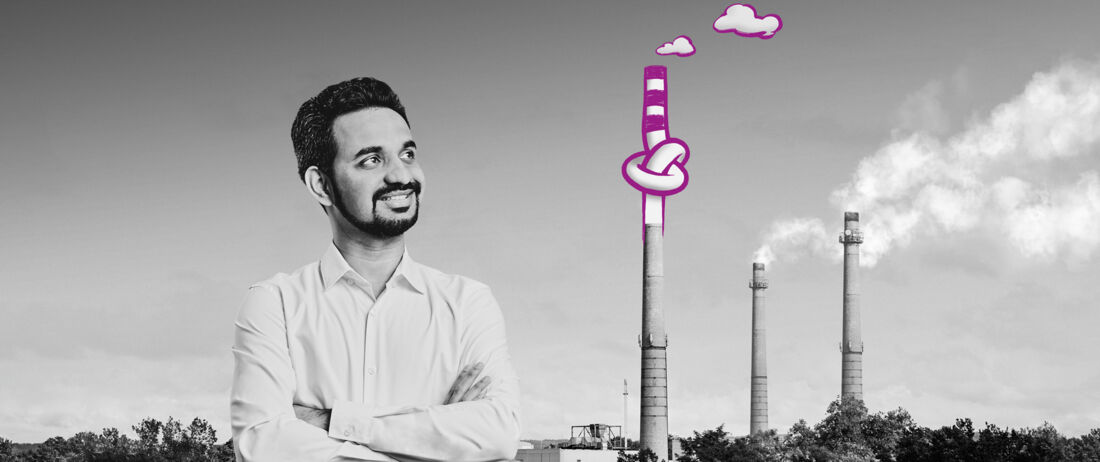
Defossilation & the Circular Economy
The heart of sustainable technologies lies with catalysts & adsorbents
The chemistry business touches 96% of all manufactured goods; from the cars we drive, to the packaging of our food. Specialty chemistry powers advances and innovation within a vast range of industries worldwide, playing a critical role in the achievement of a Net Zero future.
Jump directly to your topic of interest:
How innovative catalysts & adsorbents drive our society towards sustainability
Production of more than 80% of all manufactured goods is expedited, at least in part, by catalysis. We are working to develop more effective, more sustainable catalytic processes as a key tool for creating products that drive sustainability.
Evonik Catalysts considers sustainability at every step of the way – with a particular focus on more sustainable solutions for customers. Our outlook is two-fold: reducing the footprint and increasing the handprint.
The footprint refers to the negative environmental and social impacts during the manufacturing and shipping of products, like emissions from purchased raw materials, plant utilities, transport and logistics, and waste.
The handprint, on the contrary, recognizes the actions a company takes towards more environmental and social sustainability, above and beyond reducing its own carbon footprint, and also beyond its own value chain – like inventing and producing new products that enable recycling of materials.
When footprint and handprint are equal in size, we’ve become carbon neutral.
We are committed to reducing and avoiding the negative effects on the environment wherever we can; as part of Evonik, we are looking to reduce CO2 emissions by 25% between 2021 and 2030.
Our catalysts can assist with:
- The reduction of waste and unwanted byproducts
- Reducing energy consumption and CO2 emissions
- Higher selectivity/yield of target product
- The change towards alternative (e.g. biobased) raw materials
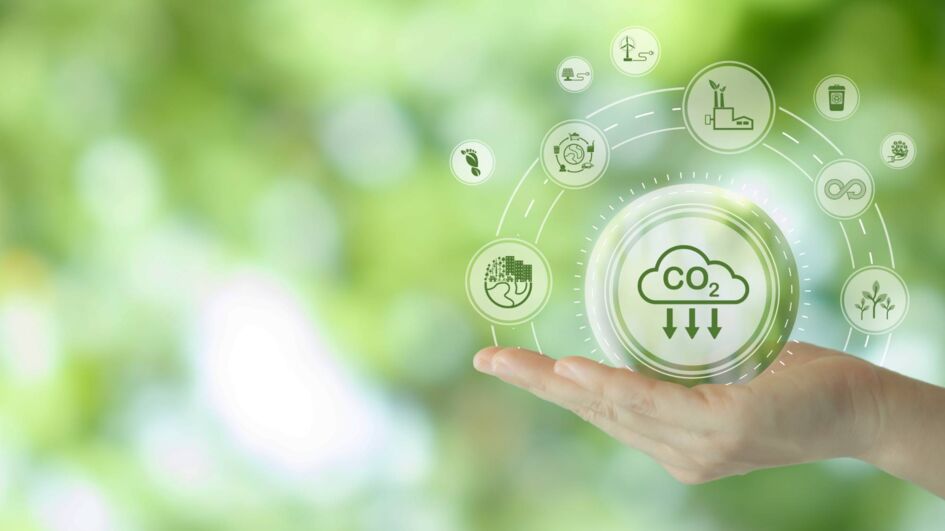
What sustainability looks like for Evonik, and for our customers
We have four Sustainability Focus Areas that guide our work.
1. FIGHT CLIMATE CHANGE
We are focused on reducing our scope 1, 2 and 3 emissions, increasing energy efficiency, and using renewable energies.
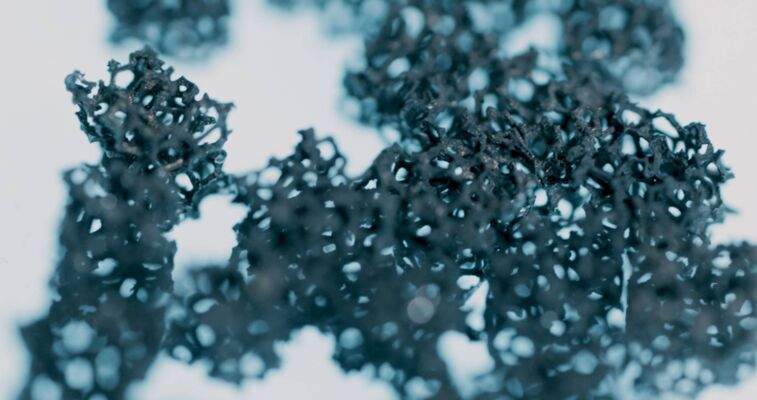
A better alternative to conventional catalysts for fixed-bed applications, our innovative nickel foam catalysts boast the same output with fewer quantities, a longer catalyst life and are fully recoverable – with little to no waste.
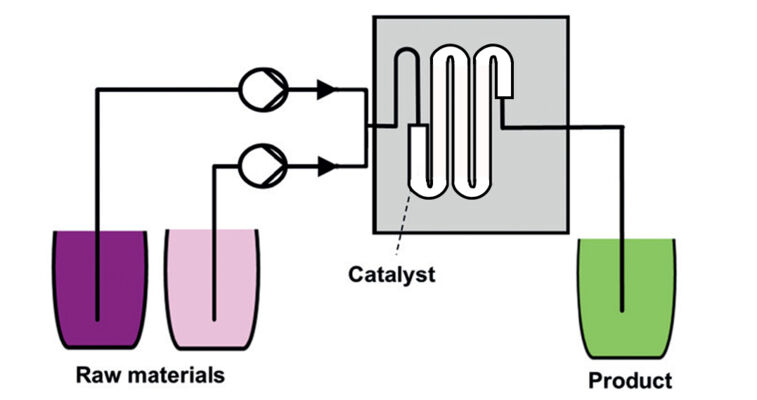
With precious metal powder catalysts suitable for flow chemistry – which translates batch processes to continuous flow – the efficiency of reactions is improved; raw material and solvent consumption is reduced
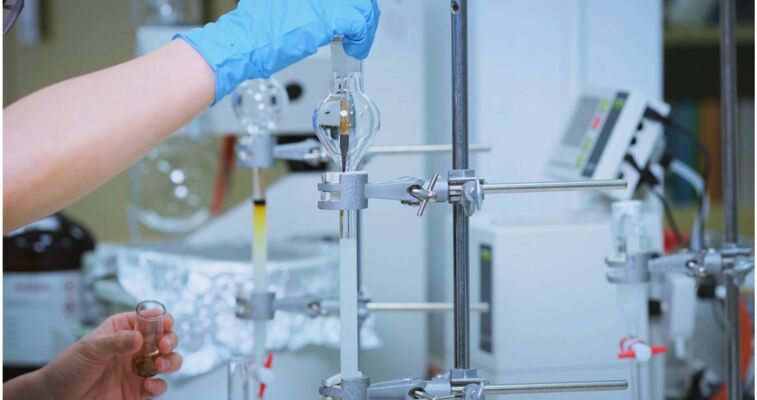
Our adsorbents are used as part of a process to re-refine used oil, to make it suitable for reuse – helping reduce the carbon footprint.
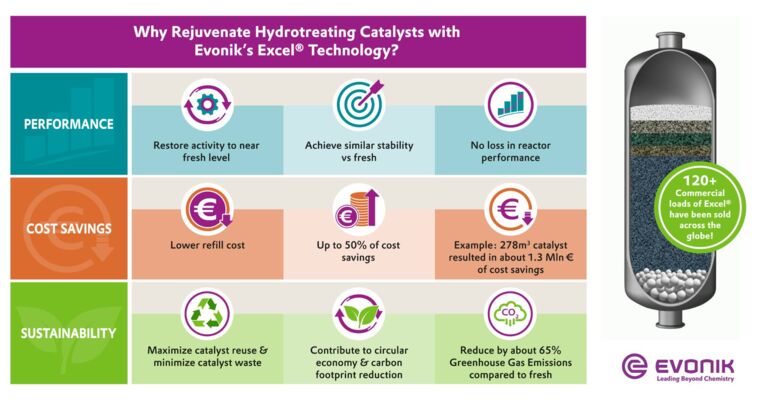
An alternative to fresh catalysts, this technology restores spent catalysts back to their original activity. By utilizing Excel® Rejuvenated catalysts – as opposed to using fresh ones – there is a 60% decrease in CO2eq emissions, and a 60% reduction in waste.
A substitute for petroleum diesel, biodiesel reduces CO2 emissions up to 67%, and can reduce greenhouse gas (GHG) emissions by up to 86% over its entire life cycle. Evonik’s alkoxide portfolio is tailored for the transesterification process that produces this biodegradable material.
2. Safeguard ecosystems
Focused upon the use of environmentally friendly products, Evonik products and solutions can support deforestation-free supply chains and biodiversity.
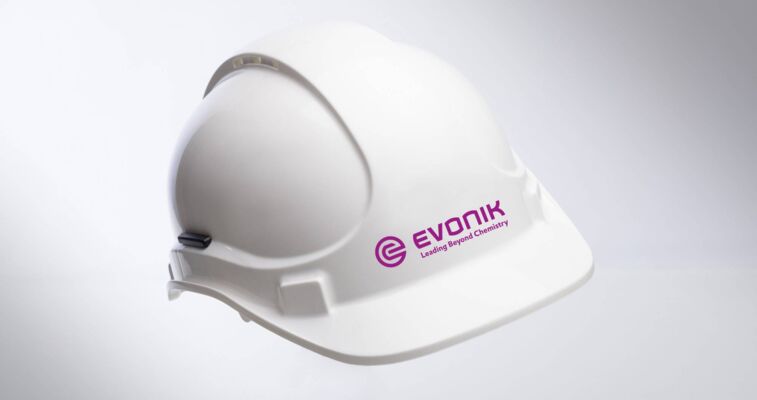
We boast an established, integrated ESHQ (Environment, Safety, Health & Quality) management system, based on ISO standards. These are focused on commitments to the environment, ecological awareness, climate protection and energy saving, and health protection for employees worldwide.
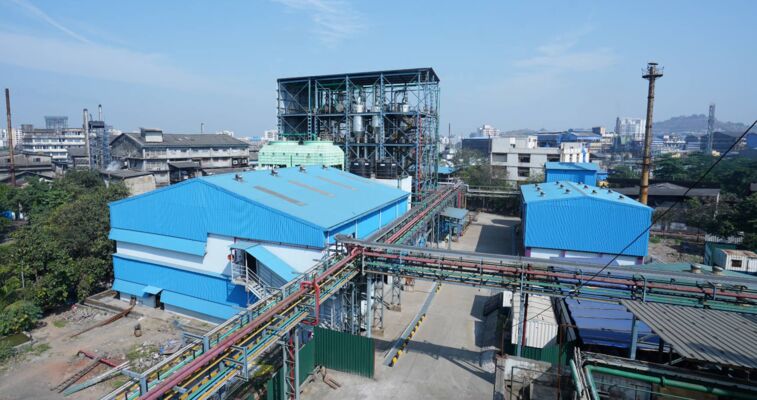
Our facility in Dombivli, India purifies and recycles wastewater at the end of an industrial process, for more efficient water use and a significant reduction in waste liquid from the plant.
3. Drive circularity
We aim to use renewable and circular raw materials, reduce production waste, and produce products that enable circular solutions.
Our five-step closed loop system recovers precious metal from spent catalysts. As recycled metal has a significantly lower carbon footprint than alternative metals from primary sources, this cycle can help customers achieve sustainability targets and contribute to a circular economy.
PET – polyethylene terephthalate – waste requires a recycling solution. At Evonik our scientists are looking for ways to convert PET into its chemical components – in turn, recovering pure raw materials.
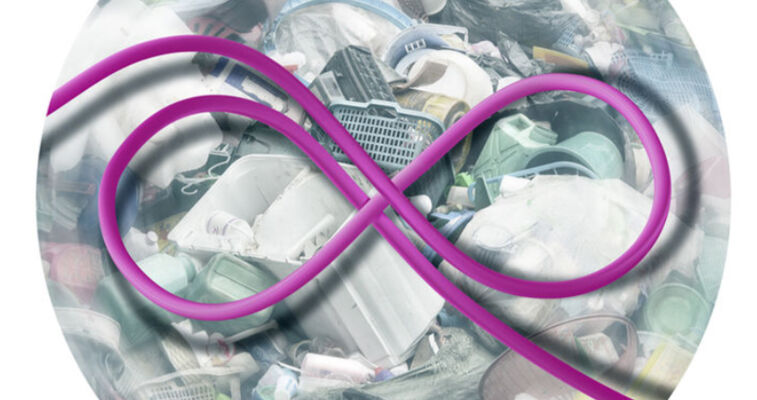
As part of Evonik’s Global Circular Plastics Program, our catalysts and adsorbents facilitate chemical recycling of plastics residues that would otherwise end up in landfill or incinerated. We have developed a chemical recycling process that regains the basic components of polyurethanes, to produce new polyurethanes.
4. Ensure health & wellbeing
When specialty chemistry is not done right, it can expose people to volatile organic compounds, microparticles or dangerous chemicals – an important focus of ours is how we avoid this and keep people safe.
Our catalysts for Life Science and Fine Chemicals are used for making food and feed, pharmaceuticals and agrichemicals, cosmetics and care specialties. These products improve the quality and standard of living and ensure the nutrition, health and well-being of an ever-expanding and aging society.
Through handling instructions, we enable customers to use our activated metal and precious metal catalysts safely and correctly over their individual life cycles.
To make the catalyst exchange process safer and faster, we activate foam catalysts by leaching the surface to generate a ready-to-use product. When a customer receives these catalysts in water-filled drums, they can be poured directly out into the reactor – without hazard dust or elaborate protective measures.
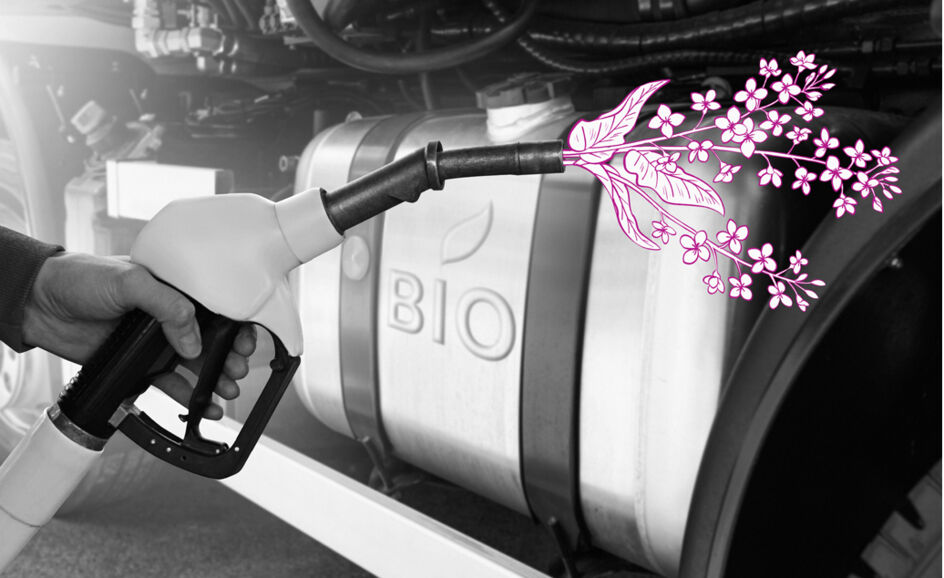
Focused on the future
|
|
